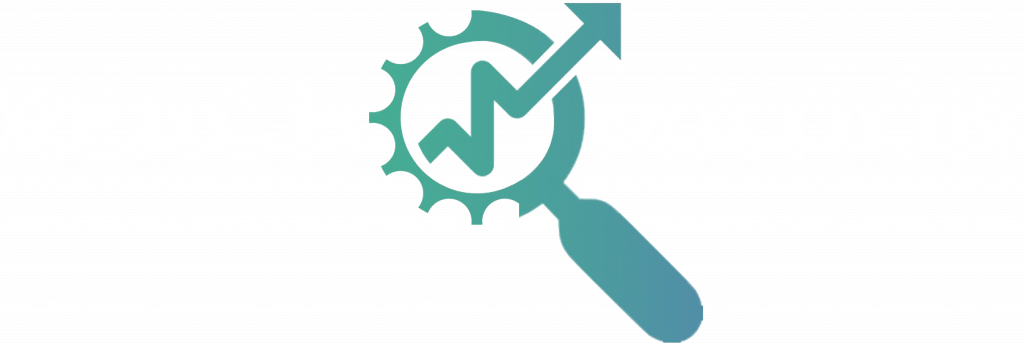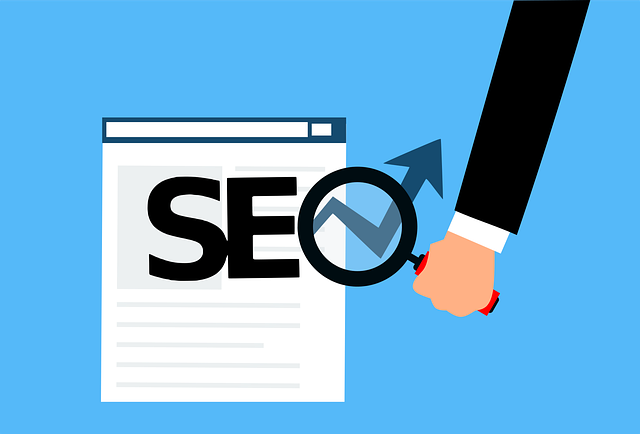Although it may seem challenging, DIY SEO is not that complicated – especially if you have a comprehensive guide to follow. In this blog post, we’ll show you all you need to know about DIY SEO, from the basics of what is SEO to more advanced concepts like key aspects of SEO and how to do it yourself. We’ll also give you a glimpse into what you can expect from the world of SEO in 2022. So whether you’re just starting out or you are an experienced campaigner, here you can learn DIY SEO that works in 2022.
What is SEO?
The aim of Search Engine Optimization (SEO) is to enhance the ranking of a website on search engines. The higher the ranking, the more likely it is that people will come across the website.
There are a few things that affect SEO, such as the keywords used, the quality of the content, and the website’s overall design. The objective of SEO is to make a website more visible in search engine results pages (SERPs), which would ideally lead to more traffic coming to the site.
Although multiple businesses provide SEO services, it is possible to do SEO on your own. There are various online resources that can show you the key components of SEO and how to execute it without professional help.
The main outcome you can anticipate from doing SEO by yourself is an uptick in traffic from organic search results. This might take a while, so be both patient and consistent with your efforts. Additionally, part of doing SEO effectively is being willing to learn new facets of it as it changes and grows over time.
Can you learn DIY SEO in 2022 yourself?
In short, yes you can do SEO by yourself. We are here to help you learn DIY SEO in 2022. Although, it takes time, dedication and energy to see real results. Depending on how competitive your industry and/or keywords are, it could take months or even years to get high SERP rankings.
There are many different aspects of SEO, and keeping track of all the latest trends and changes can be a full-time job. However, there are some key aspects of SEO that you can focus on if you want to do it yourself. Here are a few things to keep in mind:
1. Keyword research: It’s critical to identify the right keywords to target for ranking in SERPs. There are various tools and methods you can use for keyword research (including Google’s Keyword Planner), so be sure to invest some time in this stage.
2. On-page optimization: Once you’ve pinpointed your target keywords, you need to ensure that your website is optimized for them. This can be done by adding them to titles, headings, meta descriptions, Alt tags, etc.
3. Link building: In order to improve your website’s ranking in SERPs, you need links from high-quality websites. You can build links in various ways (e.g. guest blogging or directory submissions), so find the method that works best for you and get started!
While it may seem daunting, you can do SEO on your own if you’re willing to invest the time and energy. Just make sure to keep your attention on the most crucial components of SEO and don’t try to accomplish everything all at once – Rome wasn’t built in a day!
Key aspects of DIY SEO in 2022
Your website will be successful if it is optimized for search engines. This process, called Search Engine Optimization (SEO), is key for website owners who want more web traffic and a higher ranking on search engine results pages (SERPs).
SEO can be a daunting concept for website owners who are not familiar with it, as there are many different factors that contribute to it. However, there are some key aspects of SEO that all website owners should be aware of.
1. Targeted keywords
A crucial element of SEO is picking the correct keywords. Keywords are the terms or phrases that people type into a search engine when looking for something. You need to take into account what individuals are actually searching for and how relevant your keywords are to your website while selecting keywords.
2. Content
Content is another key element of SEO. Content refers to what is featured on your website, such as blog posts, articles, and product descriptions. Your content must be related to the keywords you’re targeting and well-written if you want to rank highly in search engine results pages.
3. Optimizing Your Webpage
In addition to publishing high-quality content, you also need to ensure your website is optimized for search engines. This includes optimizing your titles and headings with relevant keywords, using alt tags on images, and adding meta descriptions to your pages. Isn’t it easy to learn DIY SEO in 2022?
How to do SEO in 2022?
You can improve your website’s SEO through on-page optimization tactics (like making sure your website’s title tags, meta descriptions, and alt text reflect your target keywords accurately) and off-page optimization methods (like earning high-quality inbound links to your website from other websites that are relevant to your industry).
Can you complete SEO tasks by yourself?
Yes, absolutely! Anybody who has a basic understanding of how websites work can learn DIY SEO. However, if you would rather not do it yourself or don’t have the time, you can always hire an SEO professional.
There are a few key aspects to SEO: choosing the right keywords, optimizing your website for search engines, and creating quality content. By focusing on these elements, you can improve your chances of ranking higher in search engine results pages and driving more traffic to your website.
The three most important aspects of learn DIY SEO in 2022 are:
1) The content of your site, 2) technical optimizations, and 3) link building are the three most important factors.
When it comes to SEO, content is key — if your website doesn’t have engaging, high-quality content that appeals to your target audience, it will be very difficult to achieve a high ranking in organic search results. Technical optimizations involve making sure your website is accessible and can be crawled by search engine bots, and that your site structure and code are optimized for maximum visibility in search results. Link building entails proactively acquiring links from other websites back to your own — links from reputable websites will improve your organic search visibility.
What should you expect from an SEO company?
If you’re a business owner, you might be wondering if it’s better to hire an in-house SEO specialist or to outsource SEO to a agency. Both options have their advantages and disadvantages, and it really comes down to what your business needs. Do you have the time and energy to invest in SEO yourself? Are you certain that you can get results? If not, then working with an agency might be the better choice.
There are a few considerations to keep in mind when searching for an SEO firm. First, ascertain that they are open about their methods and what actions they will take to improve your website’s ranking. For instance, ask for case studies or examples of previous work. Second, ensure that the company is current on the latest Google algorithm changes and knows how to properly implement them. Third, find out about their link building strategy. How do they obtain high quality links? Finally, make sure they offer some type of satisfaction guarantee or refund policy if you are not pleased with the results.
If you’re committed to ranking highly in search engine results, you should be prepared to pay for professional assistance. SEO is an ongoing process and it can take some time to see results. However, the effort put into it can be worth it if done correctly.
What are the benefits of SEO?
Any business that wants to grow its online presence and reach a wider audience can benefit from SEO. By enhancing your website’s ranking on search engine results pages (SERPs), you improve your likelihood of being discovered by potential customers.
SEO can also help you with building brand awareness and making your company more reliable to your target market. In today’s digital age, it is increasingly essential to have a strong online presence, which SEO can assist you with.
Here are some advantages that SEO can provide for your business if you’re undecided about whether it’s the right fit:
1. Widen your audience: A primary objective of SEO is to amplify your website’s presence in search engine results pages (SERPs). This can help you connect with a bigger audience, including potential customers who might not have discovered your business otherwise.
2. Get more website visitors: You’re likely to get more website visitors if you rank higher in SERPs. This, in turn, could lead to a rise in sales and queries from potential customers.
3. Improve branding and build trust: SEO can help improve your branding by making your website more visible to potential customers. It can also establish trust by making your business more trustworthy and dependable to both search engines and users.
4. The aim of any business is to increase sales and grow its customer base: SEO can help you achieve this by improving your website’s ranking and making it more visible to potential customers.
How much does SEO cost?
SEO services in the US typically cost between $750 and $2000 per month. However, there is a lot of variation in prices and services, so it’s important to do your research before making any commitments.
Some agencies have a set price for their services, while others charge by the hour. Some will even follow a pay-for-performance model, where you only pay if predetermined results are met.
The amount you end up paying will be contingent on the project’s breadth, the agency you select, and the package you go with.
Although it takes time, SEO can eventually lead to a higher number of website visitors, improved site visibility, and more sales or leads. However, it is essential to keep in mind that SEO is a long-term strategy—results seldom happen immediately. Be patient and stick to your efforts for the best outcome.


Leave a Reply